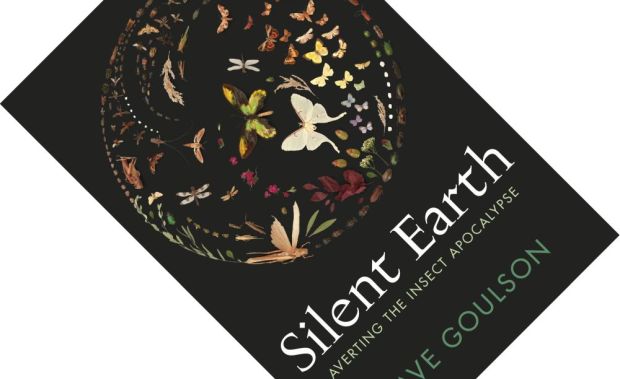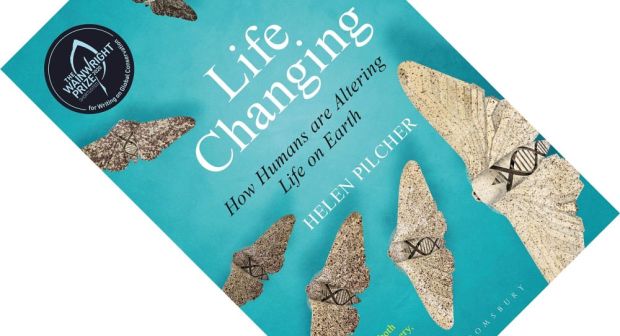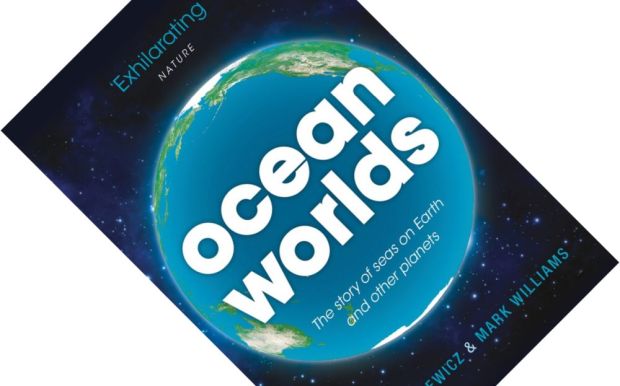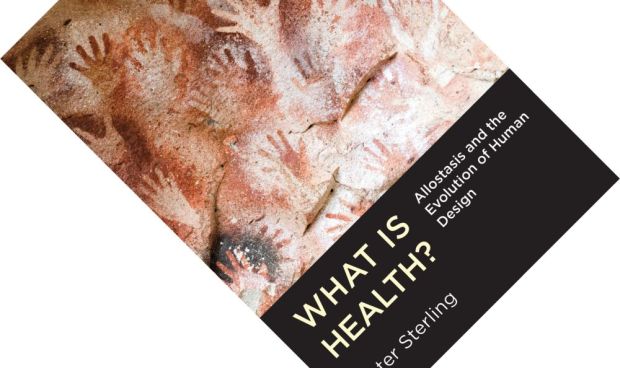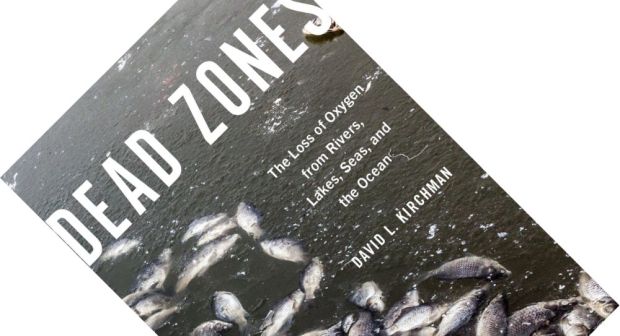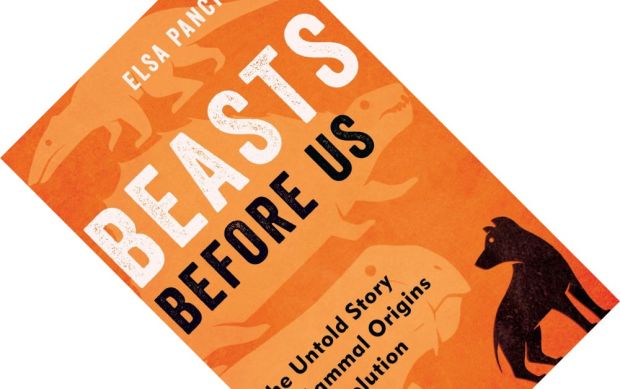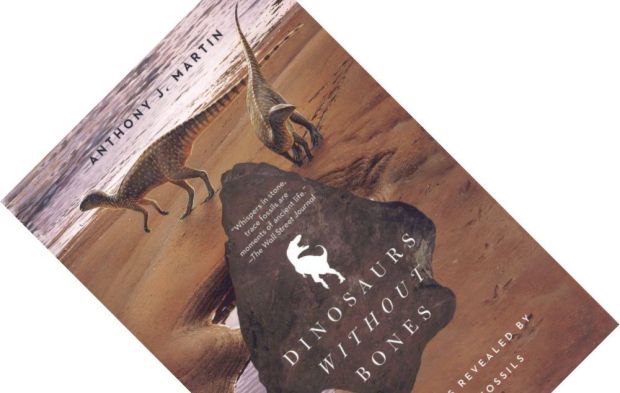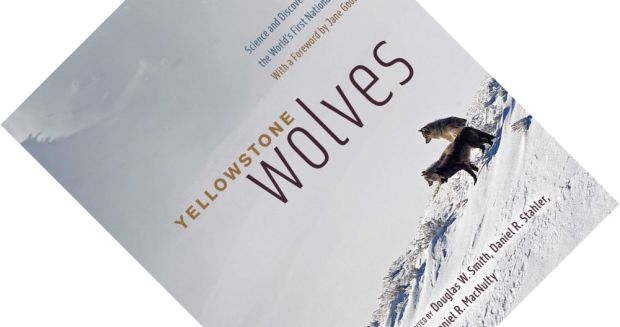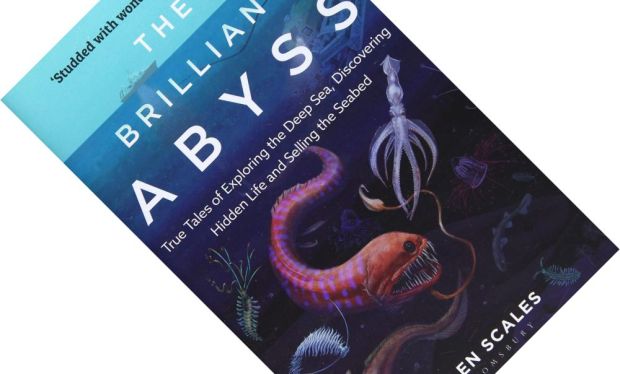7-minute read
keywords: anthropology, earth sciences
Long before we developed writing, humans communicated information across generations by telling stories. Professor of Oceanic Geoscience Patrick Nunn contends that some of these record actual environmental changes that impacted our ancestors. Scientists interested in the rather obscure discipline of geomythology argue that, when studied carefully, such oral histories can be an additional source of data to help us reconstruct past climates and understand their impact. Supremely absorbing, Worlds in Shadow covers a wider range of topics than Nunn’s previous books, making this of interest to a broader audience.


